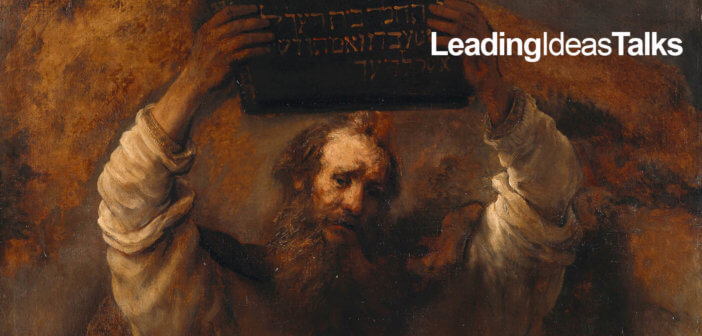
What can church leaders learn from Moses and other Biblical figures about leading? In this episode Director Douglas Powe discusses biblical leadership with thought leader Dr. Denise Dombkowski Hopkins, the Woodrow W. and Mildred B. Miller Professor of Biblical Theology at Wesley Theological Seminary.
Related Resources
- Biblical Leadership: Not as Simple as You Think by Denise Dombkowski Hopkins
- Journey Through the Psalms, an eight-session course with video lessons by Denise Dombkowski Hopkins
- Leading as Moses Led by Emanuel Cleaver III
- Ten Leadership Lessons from Nehemiah by Lovett H. Weems, Jr.








